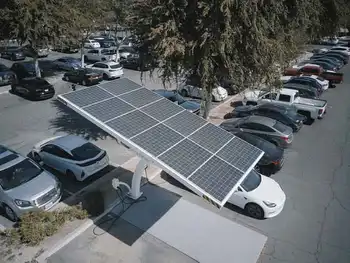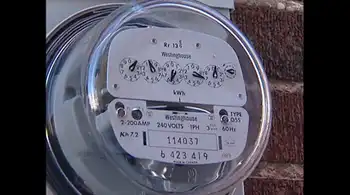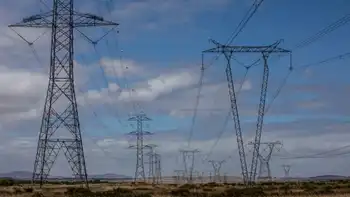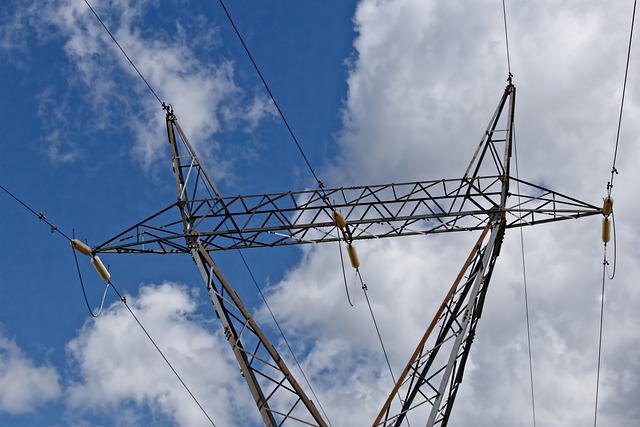Chamber of Commerce loses members over emission laws
By Duluth News Tribune
Substation Relay Protection Training
Our customized live online or in‑person group training can be delivered to your staff at your location.

- Live Online
- 12 hours Instructor-led
- Group Training Available
Computer giant Apple announced that it was leaving the chamber because the group is lobbying to defeat legislation to regulate carbon emissions. Nike said earlier that it had resigned from the chamberÂ’s board for the same reason. And utilities Pacific Gas and Electric, PNM Resources and Exelon have resigned their chamber memberships in protest.
The U.S. House already has passed a climate bill, and a similar measure was introduced recently in the Senate.
Chamber officials say they support action to curb greenhouse gasses but are lobbying against the House climate bill because it puts U.S. businesses at a disadvantage to overseas firms that arenÂ’t imposing climate-change restrictions.
The Duluth Area Chamber of Commerce, a member group of the U.S. Chamber, hasnÂ’t dived into the issue, but the local chamber has passed a sustainability resolution that includes energy, said Andy Peterson, director of public policy.
“We have members far to the left and members far to the right, and it’s our job to sort of find consensus, or at least common ground, on where we can go,’’ Peterson said.
Some businesses say they already have been hit by higher energy prices as the government moves to curb greenhouse gases. Duluth’s ME Global has seen energy prices increase dramatically since Minnesota passed climate legislation in 2007 requiring 25 percent of the state’s electrical production to come from renewable sources — wind, solar and biomass, rather than less expensive coal — by 2025.
ME manufactures steel castings and other parts for the mining industry at its facility in Gary-New Duluth. Electricity accounts for 26 percent of the plantÂ’s costs, about $250,000 a month.
“Everybody wants to do the right thing for the planet. But every percentage [that the cost of electricity] goes up makes me less competitive. At some point, we won’t be able to compete,’’ said Bill Grau, the ME plant manager. “Our biggest competitor is in Canada, where they have cheap hydro power. Their electric cost is about half of ours down here.’’
But Mike LeBeau, founder and president of Conservation Technologies, a Duluth firm that designs and installs renewable energy systems, said local sentiments among businesses on the climate issue are slowly changing.
LeBeau, a chamber member, said heÂ’s considered quitting the group because of its opposition to climate legislation. But he said heÂ’s stayed in to try to effect change. Over the last year heÂ’s given several seminars on the climate issue, especially on the proposed cap-and-trade system to regulate carbon dioxide emissions. LeBeau also has traveled to Washington to lobby for energy and climate legislation.
“There are still quite a few of the old-school skeptics who oppose any kind of regulation. But the response I got at the chamber forum, from the Rotary, from some local companies was surprisingly positive,’’ LeBeau said.
John Heino, president and chief officer of Duluth-based Como Oil and Propane, said his company is trying both to reduce its energy footprint and position itself for the future. Como has developed new truck-routing and delivery technology that allowed it to increase propane delivery by 2.5 million gallons per year while driving 70,000 fewer miles.
Now, Como is looking at moving into delivering locally made, renewable biomass fuel — bulk wood pellets for high-efficiency, low-emission pellet furnaces.
“We need to build on what we do best, and that’s delivering energy to our customer base,’’ Heino said. “We’ve been in the business of delivering fossil fuels for 63 years now but, frankly, if we want to be in business 63 years from now, we’ll need something else. Fossil fuels aren’t in the cards.’’











